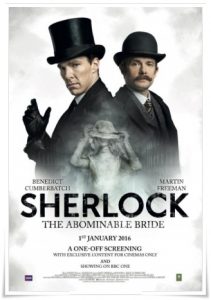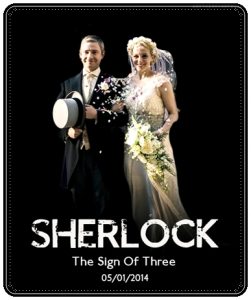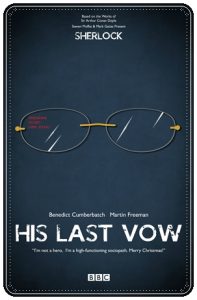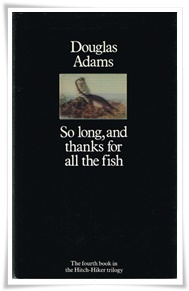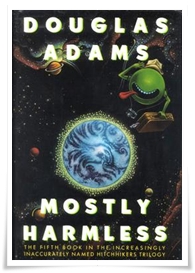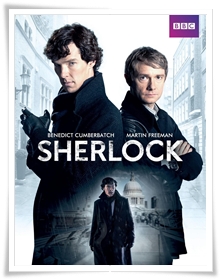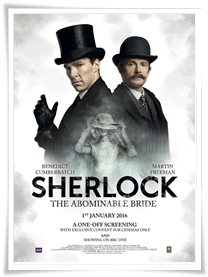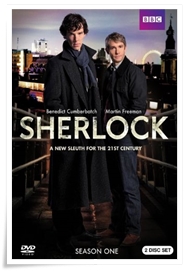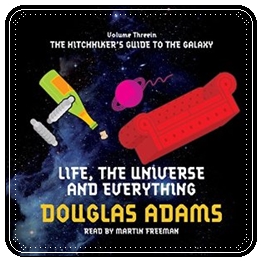Sherlock: The Abominable Bride
by Mark Gatiss & Steven Moffat; dir. Douglas Mackinnon (BBC, 2016)
Cleverly executed, presenting initially as a standalone special then morphing into a bridge between series. Gatiss and Moffat indulge in some social commentary while poking gentle fun at the original Sherlock Holmes canon. Cumberbatch and Freeman (especially) revel in the old-fashioned characterisation.

